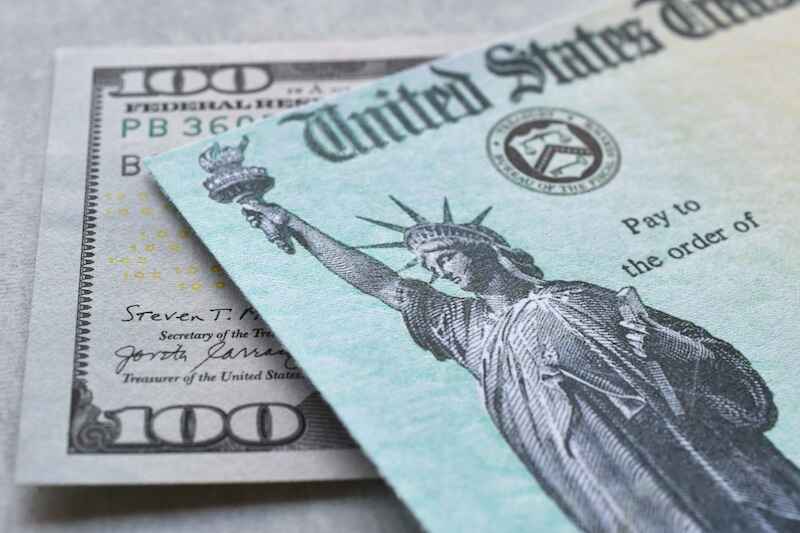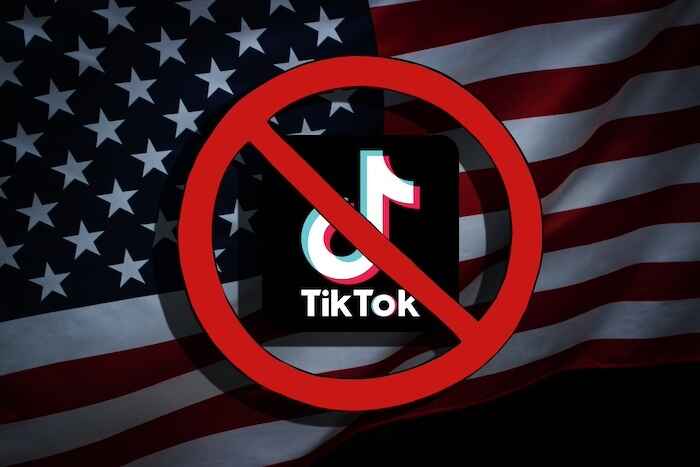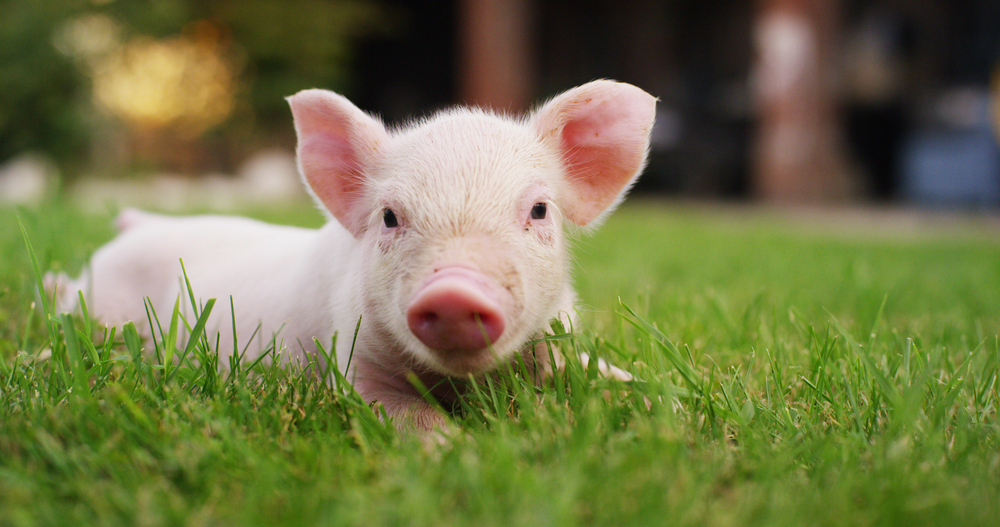Inside the Unbreakable Spirit of Capitalism
Amanda Heckman|January 1, 2022
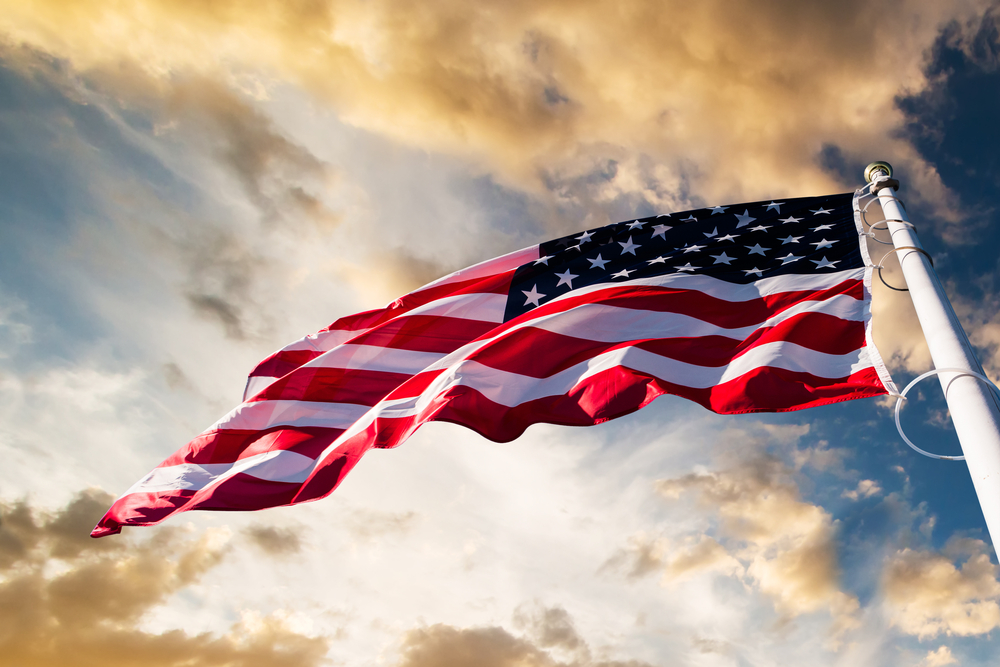
Happy New Year! As we welcome 2022, we’re taking a moment to appreciate one of the greatest innovations in American history…
Everywhere you look these days, you can find lots of folks debating the value of capitalism.
The mainstream press has aimed a bony finger at its supposed shortcomings… while glossing over its powerful merits. The idea has, of course, trickled onto Capitol Hill, where there has never been a more capitalism-weary group of elected officials.
In the most recent issue of Manward Letter, I asked each of Manward’s contributors for their answers to four important questions on the subject. I knew their answers would be equal parts entertaining and informative. As usual, they did not disappoint. That’s why we wanted to share them with all our readers as we turn the page to a new year. Enjoy.
Q: Our country owes much to capitalism. Where would America be without it?
Andy: Imagine if the folks on the Mayflower had moved over here and then sat around waiting for the folks back home to tell them what to do. Imagine if John Smith hadn’t grabbed a crew and gone looking for better opportunities.
America wouldn’t be America without capitalism. We were founded on the idea that each of us has a God-given right to pursue whatever we want… for whatever reason we want. So often, that reason is money.
With that freedom, of course, comes a cost. Our forefathers surely knew it. In fact, they lived it. With the right to pursue whatever we want comes that double-edged notion of being on our own.
We can’t have the freedom to pursue wealth and still be smothered by the safety blanket of heavy-handed keepers. Our nation was built on the idea. Men and women took great risks in their pursuit of capitalist dreams. America wouldn’t exist without capitalism… and it won’t exist without it.
Alpesh: As a student at university learning about U.S. politics, I read Alexis de Tocqueville’s Democracy in America. It was clear that America had capitalism in its soul.
The entrepreneurial spirit underpinning the Founding Fathers’ search for a better life meant capitalism would be essential.
Neither religion, which they soon separated from the state in their wisdom (though the U.S. is one of the most religious countries in the world based on most metrics), nor communism nor socialism would find any strong root.
Without capitalism, America would not be the world’s largest economy and would not be able to project the power she does around the world. Indeed, so imbibed is capitalism in the political culture that you see in the hunt for communists a visceral hate.
The question is not where would America be without capitalism but where would the world be without a capitalist America? Capital drives innovation, so there would be no Silicon Valley. The state cannot force innovation for long. It never has been able to for any length of time anywhere in the world.
Joel: America would not be the entrepreneurial engine of the world. The dream of return on investment is what drives creativity and persistence. Without an ability to capture economic benefits from decisions, people are reluctant to make decisions. The hardest thing in life is making a decision.
Capitalism rewards people who make decisions. This seems almost too elementary, but the essence of capitalism is the unfettering of decision making from forces that sabotage decisions: political, regulatory, social, religious. Only when a person has the freedom to capitalize on decisions is he willing to risk making decisions.
A society that hampers decision making wallows in its problems and frustrations rather than finding a way out. That is why freedom to choose and capitalism go hand in hand and why less freedom to choose hampers creativity, entrepreneurship and problem-solving. Being able to leverage capital to invest in an idea, unfettered from bureaucratic meddling, is the heart and soul of American ingenuity.
Q: Capitalism has created trillions of dollars in wealth and helped build better lives for many. What is its biggest success story?
Andy: So far, it’s the huge healthcare breakthroughs made by the private sector. But soon it will be the space sector. I can’t imagine the cruelty of a government-managed healthcare system. If cancer research, vaccines and all this crazy imaging technology today were left to the same bodies that run NASA, we’d still be using 1950s medicine. I’m convinced of it.
Look at what the private sector has done for space in just the few years NASA has allowed for fair competition. It’s huge. There’s a reason the world looks to America for its health breakthroughs. It’s the world’s truest capitalist economy.
Alpesh: If I had to name one, it would be innovation as a concept that comes from the drive that the owner of capital has to get a return. The employee, after all, knows he gets paid either way. No, it is capital’s owner who demands a return and who needs more sales. Implicit in that is innovation. That necessity of return on capital is the mother of invention. Passionate scientists are nothing without capital’s spark to convert imagination into reality and return.
Joel: The family farm as conceived by the founders of our republic. Jefferson dreamed of a land peopled by intellectual yeomen. American agriculture dominated the world because in this capitalistic culture, landowners could produce what they wanted, as much as they wanted and when they wanted, then do with it what they wanted and sell it to whom they wanted.
Those freedoms had never really been afforded a culture in history. The full capacity of farmers had never been unleashed in an unregulated, non-tyrannical context. The self-owned, self-financed family farm spawned the Industrial Revolution through Cyrus McCormick’s farm blacksmith shop and led to the highly productive farms of today. It tapped reservoirs to bring irrigation water in dry areas and invented processing to speed up kitchen work.
Q: Socialism – and even communism – is growing in popularity. Why are so many (mostly young) people shunning capitalism?
Andy: They’re shunning it because they hate the fear of failing. We’ve created a generation of uncompetitive folks who would rather succumb to the curse of mediocrity than work hard and sacrifice for the rewards inherent in capitalism.
When I see kids protesting, I see a generation of folks who have benefited immensely from the power of capitalism. They’ve got cellphones, great healthcare and cars with features we couldn’t even imagine two decades ago.
Sure, they could get so much more, but they’d have to risk losing. Losing hurts. So they’d rather rely on a big, stumbling government to provide for their needs and punish the winners. Under the system they lust for, they’d never lose… but they’d certainly never win. It’s sad. We’ll never know how much this wrongheaded drag on innovation is costing us. But it’s a lot. I’m sure of that.
Alpesh: Yes, capitalism can have excesses… It creates through wealth the worst excesses in human nature – but not as excessive as national socialism or communism.
Some blame the political system for all ills in society – whether capitalism or democracy. They are misguided. A drop of dirt in the ocean does not make the whole ocean dirty.
Yes, there is disparity in wealth, but what does it matter to you that Jeff Bezos is rich… other than envy? Yes, capitalism has not yet removed poverty, but it remains our best hope – as long as it is a caring capitalism and we recognize that capitalism is not greed.
It is a balanced drive for a better world and environment… not just profit at all costs.
Capitalism has evolved. Business is business for good. Capitalism is gentler, and governments provide boundaries to direct its power. Capitalism is close to God’s work – to help uplift all.
Capitalism can find the answers and balance the needs of all.
Joel: Because capitalism has no soul and no ethics when viewed through the agricultural system I mentioned.
While capitalism unleashed the family farm’s entrepreneurial capacity, it did not offer a balance sheet of the commons.
In this capitalistic race to exploit resources, to turn the commons into cash, it created unprecedented soil erosion, water degradation, nutrient deficiency and a sick population, not to mention animal abuse on a scale never imagined in human history.
Without a moral and ethical framework, capitalism is not inherently better than any other economic or political system.
Spiritual constraints on physical possibilities are what create boundaries on human creativity. Freedom to do what we ought is far different from freedom to do what we want.
A train without tracks may appear free but is in reality catastrophically dysfunctional. This is why no defense of capitalism can be complete without a discussion of ethics and moral responsibilities. Raw, unbounded capitalism has destroyed much. I would say that, without a spiritual dimension, capitalism facilitates degradation of the commons as fast as any other economic system.
Q: What will capitalism look like in 50 years?
Andy: Capitalism won’t change. The idea of folks controlling their own destiny as they pursue their own form of economic happiness won’t change. But the orb of power around it will change. We’re already seeing it. Capitalism is becoming a foul word… as if the idea of our own pursuit of happiness inherently holds the other guy back.
The best case in 50 years is that all this talk of love and happiness opens people’s eyes to realizing that we all want the same thing.
A true capitalist wants his neighbor to be rich. He wants his community to succeed… immensely.
And he wants the poor to thrive on their own. When that happens, we all win. If we do that, capitalism will be a great source of national pride in 50 years.
If we fail to get there and if we fail to educate folks on the promises of truly free markets, the increasingly perverse form of capitalism that we’re facing today will continue to be the scapegoat for oh so many failed government policies.
Alpesh: It will be even more caring. The trend is clear as humanity learns that profits must protect not just the owner of capital but the workers and the environment too – we are all interconnected.
Joel: On our current trajectory, it appears that capitalism will be completely replaced by socialism and general poverty dominated by a handful of elites.
What would be nice to see is a revival of food and farming ethics based on stewardship and healing that steer all capital investments.
Imagine if bankers asked businesspeople what their endeavors would do to the earthworms.
Imagine if doctors asked food processors what their products would do to diabetes, obesity and cancer.
Imagine if consumers asked pharmaceutical and chemical companies what their concoctions would do to salamanders, frogs and pollinators.
Imagine if farmers asked John Deere what their machinery would do to soil and actinomycetes.
These questions provide noble, sacred direction to something called capital. Ultimately, to be successful, a culture must love something besides money.
It must love resilience, renewal and righteousness.
Note: Now it’s your turn. How would you answer these questions? Send your responses to mailbag@manwardpress.com, and we’ll follow up with the most thought-provoking answers.
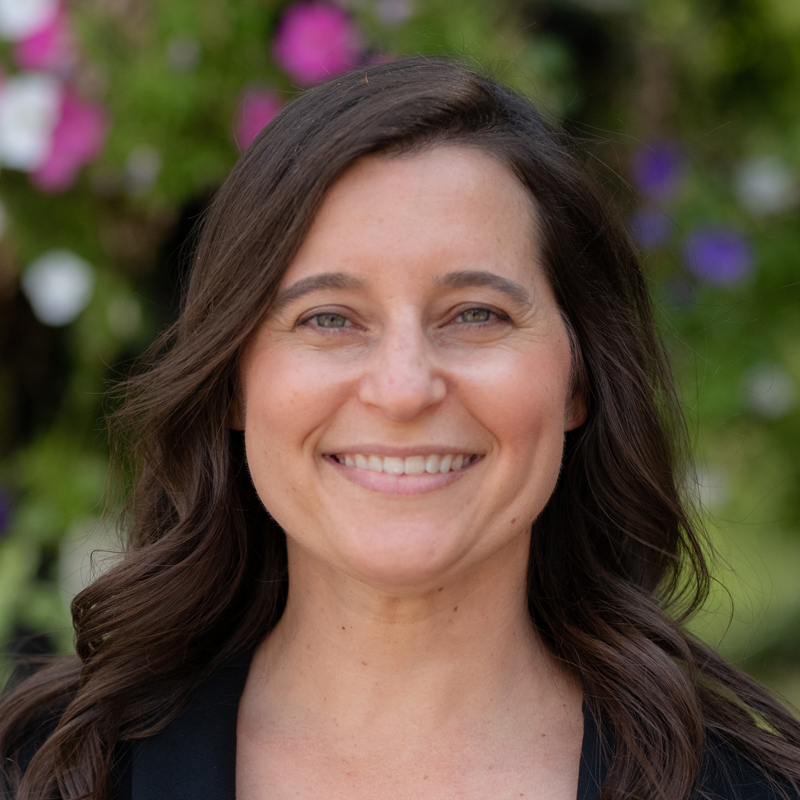
Amanda Heckman
Amanda Heckman is the editorial director of Manward Press. With unrivaled meticulousness, she has spent the past dozen or so years – give or take a few sabbaticals – sharpening Andy’s already razorlike wit. A classically trained musician and a skilled writer in her own right, Amanda takes an artistic approach to the complex world of investing. Her skill has led her to work with numerous bestselling authors, award-winning financial gurus and – lucky for us – the fine folks at Manward Press.


